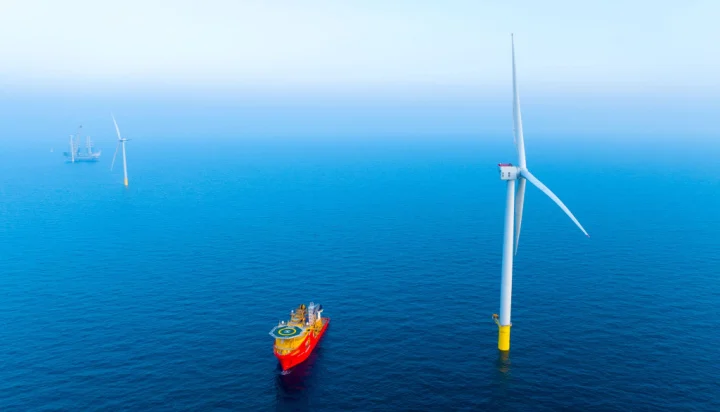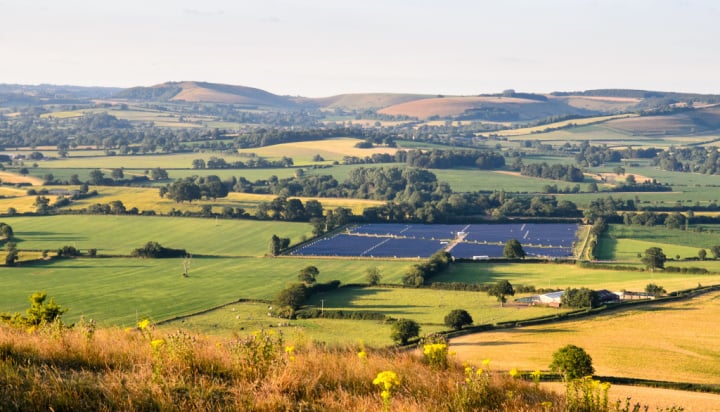The Dogger Bank Wind Farm has generated its first power, with the installation of the initial turbine among the 277 turbines located 130 kilometres off the UK coast
The Dogger Bank Wind Farm, set to become the world’s largest offshore wind farm, has achieved a significant milestone by producing its first power.
Located 130 kilometres off the coast of Yorkshire in UK waters, the Dogger Bank Wind Farm consists of 277 turbines with a combined capacity of 3.6GW, spread across three phases named Dogger Bank A, B, and C.
The project is being hailed for its potential to bolster energy security, create jobs, reduce electricity costs, and contribute to achieving net zero emissions.
The inauguration of the project’s first offshore wind turbine at Dogger Bank A has enabled the transmission of power to the UK’s national grid, utilising high-voltage direct current (HVDC) technology, a UK wind farm first.
Each rotation of the massive 107-metre-long blades on Dogger Bank’s operational turbine can generate enough clean energy to power an average British home for two days.
Once fully operational, Dogger Bank is projected to provide clean energy equivalent to powering six million homes annually.
Dogger Bank is being developed and built by the UK’s SSE Renewables in a joint venture with Norway’s Equinor and Vårgrønn (a joint venture of Eni Plenitude and HitecVision).
UK Prime Minister Rishi Sunak said: “Offshore wind is critical to generating renewable, efficient energy that can power British homes from British seas.”
Alistair Phillips-Davies, Chief Executive of SSE, said: “There’s been lots of talk about the need to build homegrown energy supplies, but we are taking action on a massive scale.
“Dogger Bank will provide a significant boost to UK energy security, affordability and leadership in tackling climate change. This is exactly how we should be responding to the energy crisis.
“But it is also a landmark moment for the global offshore wind industry, with Dogger Bank demonstrating just what can be achieved when policymakers, investors, industry and communities work together to achieve something truly remarkable.”
Image: Dogger Bank













